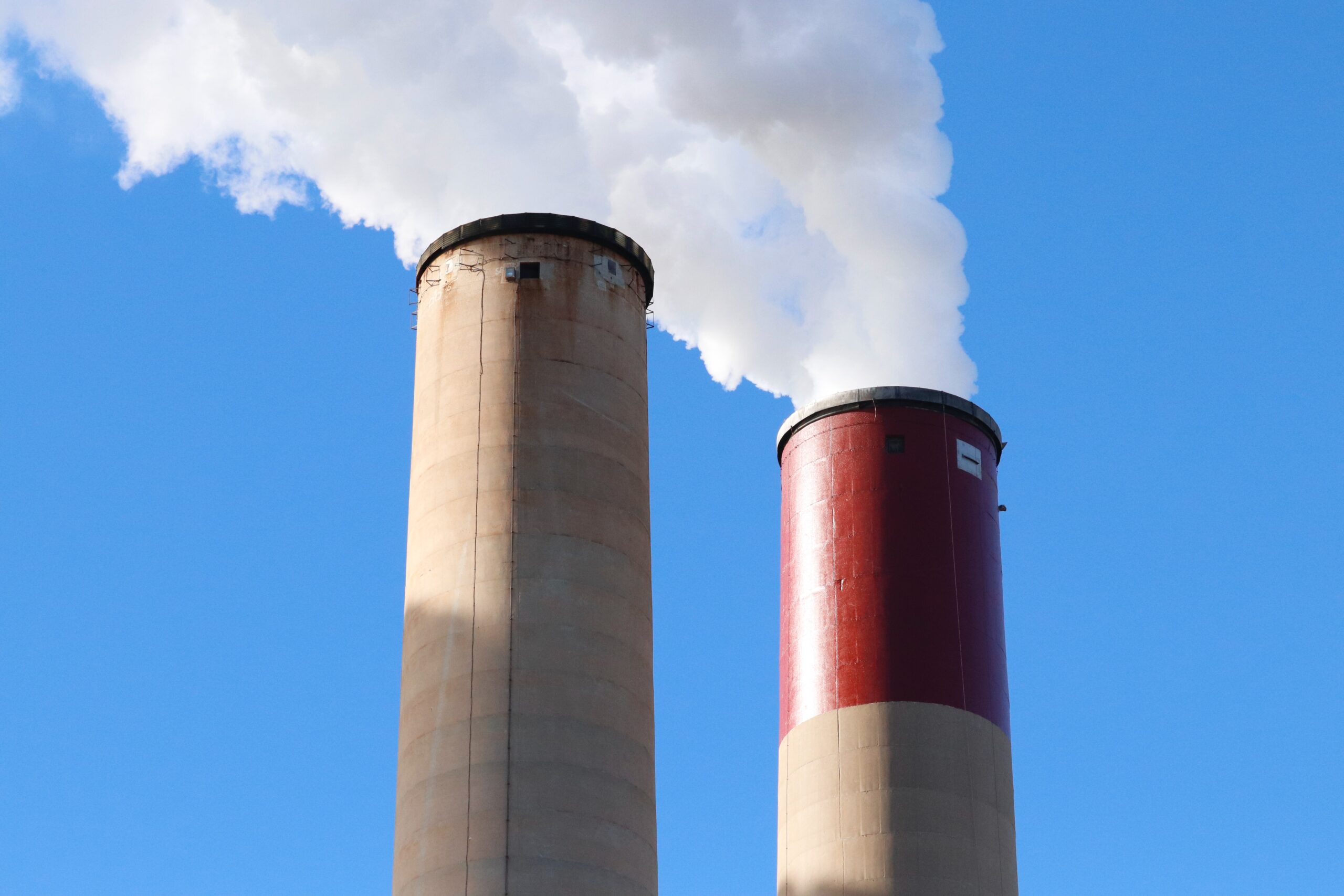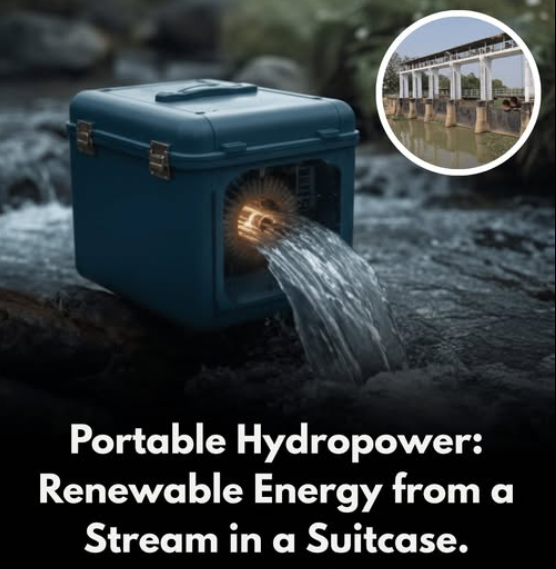A recent US Supreme Court decision upheld a key environmental protection rule limiting climate pollution from power plants, sending a message to utilities nationwide that they need to actively decarbonize their power generation plans.
The Supreme Court’s decision was to deny the response to a request from fossil fuel companies, electric utility companies, and their allies to stay or put a temporary stop on the power plant carbon limits finalized by the Environmental Protection Agency (EPA) earlier this year.
The Clean Power Plan, a power plant climate rule enacted by the Obama administration, was ultimately halted by a similar stay request granted by the Supreme Court in 2016. The new power plant carbon rules, which survived the recent stay request, may be more legally durable than their predecessors.

Although the new carbon rules have been in effect since their proposal last year, utility companies all over the Southeast have flouted their existence, acting wishfully as if they simply don’t exist or will be struck down by the courts before compliance deadlines arrive. Duke, TVA, Santee Cooper, and Dominion Energy are all in the process of planning and/or building new large gas plants that will collectively cost billions of dollars to be compliant with the new EPA rules — billions of dollars that the utilities would ultimately stick on ratepayers.
The Court’s decision should send a clear signal to utilities that the new power plant carbon rules won’t necessarily go down the same path as the Clean Power Plan, and that utilities need to plan for decarbonizing, not recklessly committing billions of ratepayers’ dollars to large polluting gas projects that will violate the new standards.
This ruling also highlights the significance of the current election for our ability to quickly decarbonize the electric sector. The EPA, which is in charge of creating and enforcing the power plant rules, will be run by the next president. Supreme Court justices are chosen by the President and confirmed by the Senate, which will revisit these rules to determine their legislative success.
The next stop for the power plant climate rules is further litigation in the DC Circuit Court of Appeals, and depending on the outcome, potentially back to the Supreme Court to decide the merits of the case.
Featured image credit Architect of the Capitol.
The post Key Pollution Limits Pass Crucial First Test appeared first on SACE | Southern Alliance for Clean Energy.
Renewable Energy
Homeschooling
Decent and intelligent people respect the rights of parents to homeschool their children, but there are two reasons for concern: a) socialization, failure to expose children to their peers, so that they may make friends and come to understand the norms of society, and b) the quality of the education itself.
Almost all homeschooling in the United States is conducted on the basis of a radical rightwing viewpoint, normally a blend of evangelical Christianity and Trumpism.
Renewable Energy
The Positive Effects We’ve Had on Others Are Profound, Whether We Know It or Not
 There’s a theory that most people underestimate the positive effects they’ve had on other people.
There’s a theory that most people underestimate the positive effects they’ve had on other people.
Yes, that’s the theme of “It’s a Wonderful Life,” but it’s also the core of the 1995 film “Mr. Holland’s Opus,” in which a music teacher who deemed that his life had been a failure because he never completed writing a great symphony, is gently and beautifully corrected. Please see below.
The Positive Effects We’ve Had on Others Are Profound, Whether We Know It or Not
Renewable Energy
Renewable Energy Concepts Can’t Violate the Laws of Physics
 In the early days of 2GreenEnergy, my people and I were vigorously engaged in finding solid ideas in cleantech that needed funding in order to move forward.
In the early days of 2GreenEnergy, my people and I were vigorously engaged in finding solid ideas in cleantech that needed funding in order to move forward.
I vividly remember a conversation with a guy in Maryland who was trying to explain the (ostensible) breakthrough that he and his team had made in hydrokinetics. When I was having trouble visualizing what we was talking about, he asked me to “think of it as a river in a box.”
“Oh!” I exclaimed. “You mean you take a box full of standing water, add energy to it get it moving, then extract that energy, leaving you with more energy that you added to it.”
“Exactly.”
I politely explained that the laws of physics, specifically the first and second laws of thermodynamics, make this impossible.
He wasn’t through, however, and insisted that, in his office, his people had constructed a “working model.”
Here’s where my tone descended into something less than 100% polite. I told him that he may think he has a working model, but he’s wrong; if he believes this, he’s ignorant; if he doesn’t, but is conducting this conversation anyway, he’s a fraud.
“But don’t you want to come see it?” he implored.
“No. Not only would not fly across the country to see whatever it is you claim to have built, I wouldn’t walk across the street to a “working model” of something that is theoretically impossible.”
—
I tell this story because the claim made at the upper left is essentially identical. You’re pumping water up out of a stream, and then claiming to extract more energy when the water flows back into the stream.
Of course, social media today is rife with complete crap like this. We’ve devolved to a point where defrauding money out of idiots is rapidly replacing baseball as our national pastime.
-
Greenhouse Gases7 months ago
Guest post: Why China is still building new coal – and when it might stop
-
Climate Change7 months ago
Guest post: Why China is still building new coal – and when it might stop
-

 Greenhouse Gases2 years ago
Greenhouse Gases2 years ago嘉宾来稿:满足中国增长的用电需求 光伏加储能“比新建煤电更实惠”
-
Climate Change2 years ago
Bill Discounting Climate Change in Florida’s Energy Policy Awaits DeSantis’ Approval
-
Climate Change2 years ago
Spanish-language misinformation on renewable energy spreads online, report shows
-

 Climate Change2 years ago
Climate Change2 years ago嘉宾来稿:满足中国增长的用电需求 光伏加储能“比新建煤电更实惠”
-
Climate Change Videos2 years ago
The toxic gas flares fuelling Nigeria’s climate change – BBC News
-

 Carbon Footprint2 years ago
Carbon Footprint2 years agoUS SEC’s Climate Disclosure Rules Spur Renewed Interest in Carbon Credits



